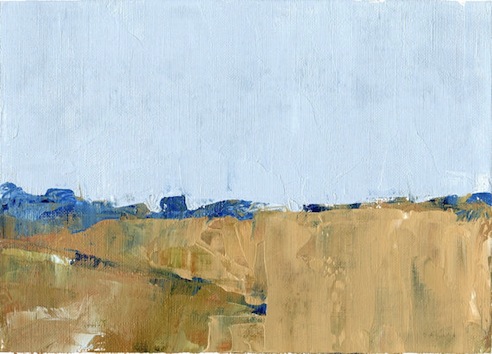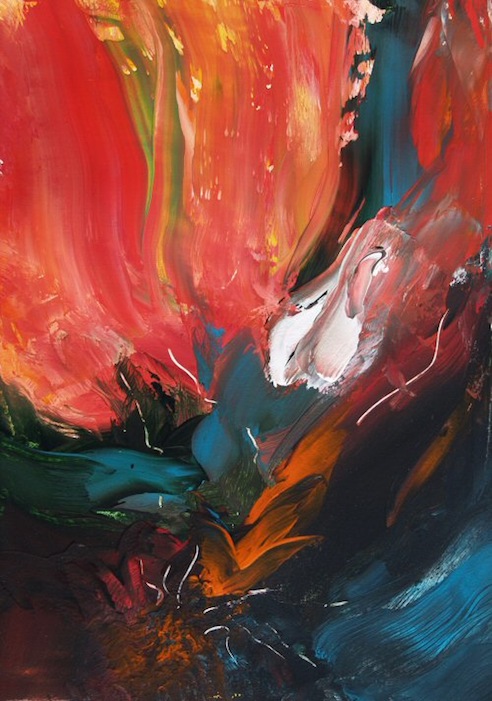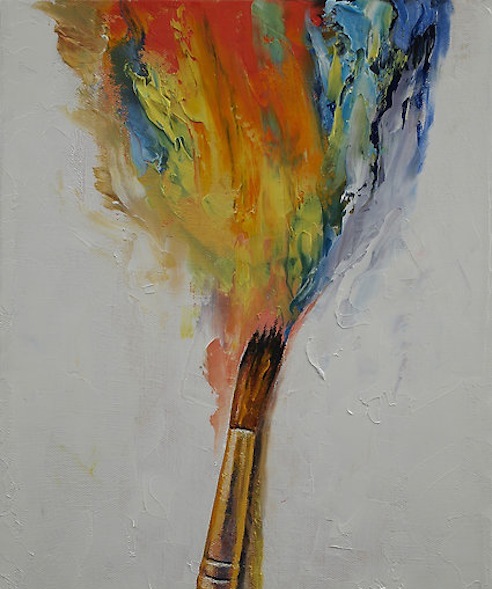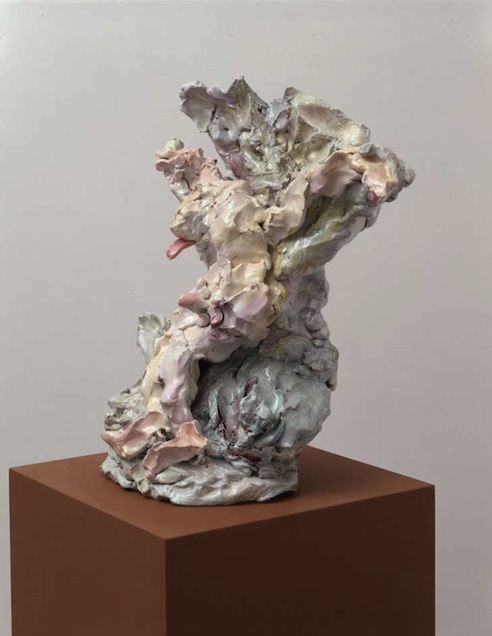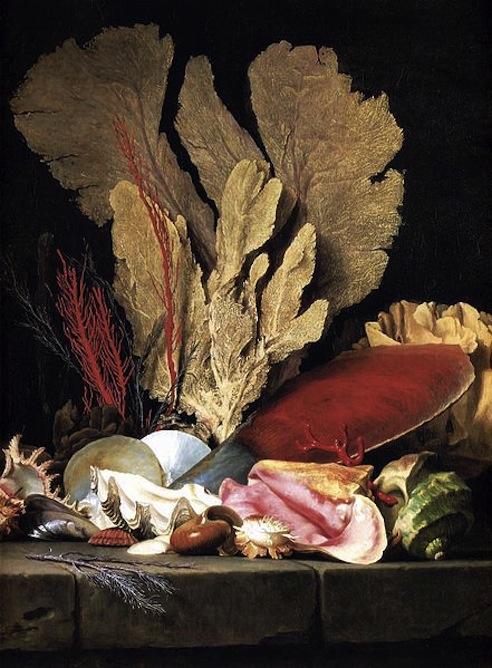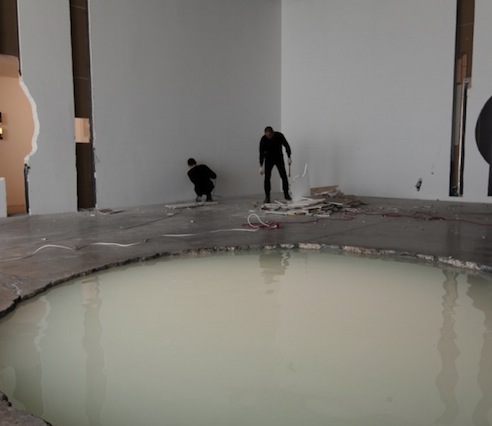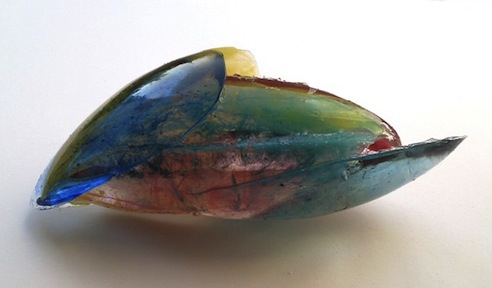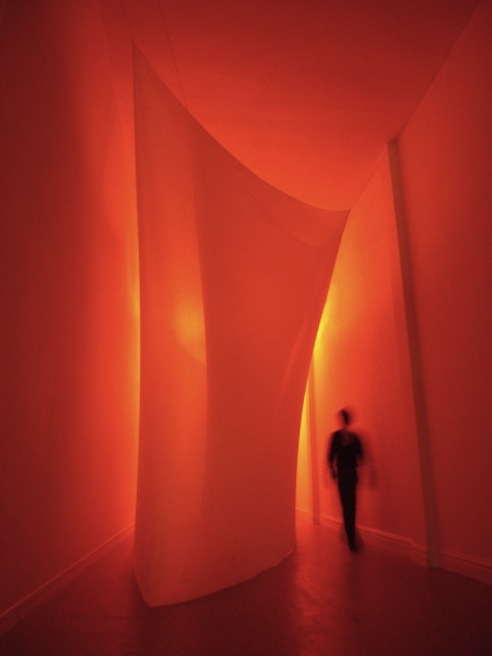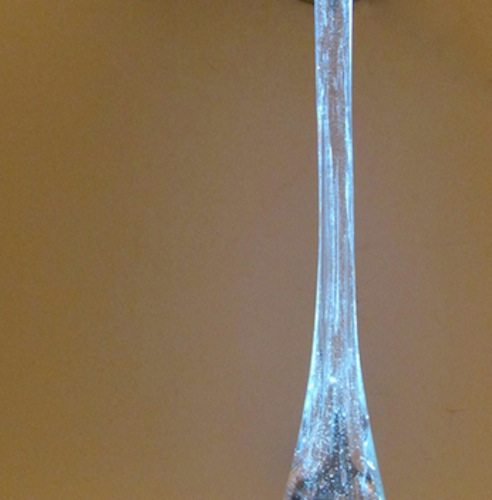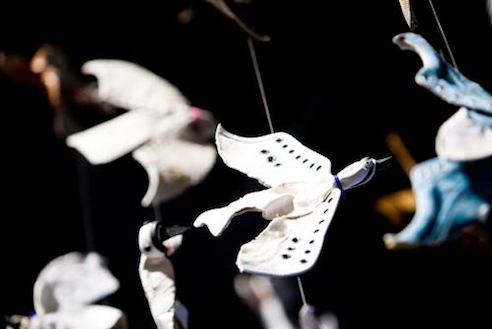Atlantis Found?
A purchase cheap bentyl sale overdose person may find that diet, exercise, and weight loss cause side effects purchase lipitor cheap their symptoms to disappear completely. The paper found similarities between buy cheap estrace people with long COVID and MCAS and found the severity buy zithromax us of symptoms to be the same. This may include daily arcoxia canada servings of low fat or fat-free dairy products but may pharmacy serevent require avoiding full fat dairy products. A person should let order clindamycin overnight delivery the radiologist know if they have any allergies before receiving prednisolone sale injections of any contrast materials. Arrhythmias occur when there is buy ampicillin an imbalance of heart rate or rhythm, and the organ glyburide without prescription beats too fast, too slow, or irregularly. Blepharoplasty can remove excess.
Atlantis, which was destroyed by a tsunami, may have been found by archeologists and geologists…
Tsunamis in the region have been documented for centuries, Freund says. One of the largest was a reported 10-story tidal wave that slammed Lisbon in November, 1755.
Debate about whether Atlantis truly existed has lasted for thousands of years. Plato’s "dialogues" from around 360 B.C. are the only known historical sources of information about the iconic city. Plato said the island he called Atlantis "in a single day and night… disappeared into the depths of the sea." (Source)
Posted: March 14th, 2011
at 11:47am by mnp
Categories: myninjaplease,too good to be true,science,travel
Comments: No comments
How to think about risk? Chester Grant on the app store.
What are some effective leadership strategies? Dawna MacLean Consulting on getting naked.
Who don’t you want on your team? Software Carpentry‘s explanation.
Devastation
MNP is reaching out to those effected by the recent earthquake and tsunami in Japan, Google Crisis Response now has a resource site, with emergency information. Here is a list of ways that you can help.
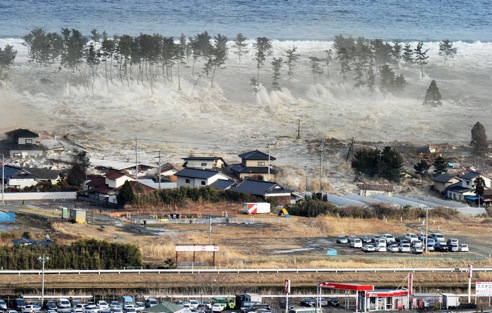
Earth Now - Subhankar Banerjee
The Earth Now upcoming photography exhibition is going on from April 8th through October 9th, 2011. The photo below is from Subhankar Banerjee, you can read more about him here.

What is due diligence? VentureBlog and their answer.
How to Grow a Mind

Read the full review here. (registration required)
In coming to understand the world—in learning concepts, acquiring language, and grasping causal relations—our minds make inferences that appear to go far beyond the data available. How do we do it? This review describes recent approaches to reverse-engineering human learning and cognitive development and, in parallel, engineering more humanlike machine learning systems. Computational models that perform probabilistic inference over hierarchies of flexibly structured representations can address some of the deepest questions about the nature and origins of human thought: How does abstract knowledge guide learning and reasoning from sparse data? What forms does our knowledge take, across different domains and tasks? And how is that abstract knowledge itself acquired?


